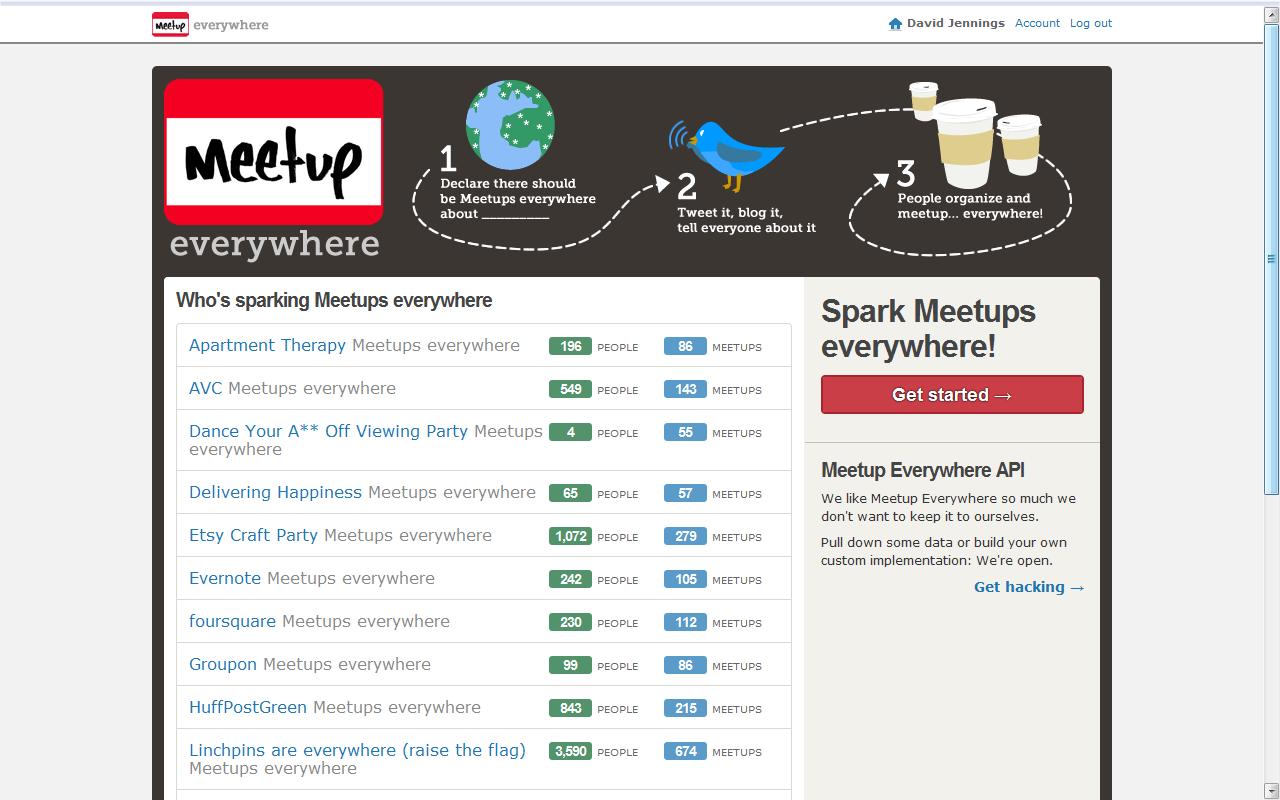Business incubators—programs designed to help launch entrepreneurial
ventures—are expanding nationwide amid increased demand for the
resources, services and counseling the programs typically provide for
little or no cost.
New incubator programs have been forming in the U.S. at an annual
rate of 8% to 10% for the past five years, and today there are
approximately 1,200, estimates Tracy Kitts, vice president of the
National Business Incubation Association, a nonprofit in Athens, Ohio.
The programs are commonly funded by economic-development groups,
government entities and academic institutions, and more than half
support start-ups in a mix of industries.
More Incubators Hatch Start-Ups
Programs designed to help launch entrepreneurial
ventures are expanding nationwide amid increased demand for the
resources, services and counseling the programs typically provide for
little or no cost.
Most incubators offer
start-ups commercial space to grow their ventures for below-market lease
rates, plus free counseling, administrative support and services in
areas such as human resources, information technology and marketing.
Purdue Research Foundation in West Lafayette, Ind., the Center for
Emerging Technologies in St. Louis, TechTown in Detroit and the
University of Toledo in Ohio are among those that have added new
incubator programs or facilities in recent years to accommodate more
early stage companies.
Driving the trend is largely high unemployment and a dearth of
adequate financing in the current economy, says Mr. Kitts. But at the
same time, some incubator programs have suffered budget cuts, he adds.
About 1,500 early stage companies are participating in 10-week
business-training programs at TechTown, an incubator established in 2000
by Wayne State University, General Motors Co. and the Henry Ford Health
System. Of those, about 80% are run by individuals who have been
unemployed for six months or longer, says Randal Charlton, executive
director. Located in Southeast Michigan, where unemployment is about
15%, the incubator is also home to 200 start-ups in industries ranging
from energy and education to homeland security and logistics.
There are also a growing number of incubators funded by early stage
investors and other parties looking to capitalize on new prospects.
Since 2008, Polaris Venture Partners, a Waltham, Mass., venture-capital
company, has opened incubators, called Dogpatch Labs, in Waltham, New
York and San Francisco. And Pool LLC, an
incubator-marketplace hybrid, is currently being built by real-estate
developer Brad Weinstock in a vacant 100,000 square-foot commercial
space in Mesa, Ariz.
Start-ups that live in incubators stay for an average of three years
and most—close to 90%— survive for at least seven years after they
leave, according to the NBIA. One reason for their high success rate is
that the programs tend to have strong ties to investors seeking
promising young ventures to support.
Paul Angott, founder of Angott Medical Products LLC, a
medical-device company at TechTown, says he was introduced to one of his
start-up's largest investors as a result of connections he nurtured at
the incubator. "I've met a number of people that have helped me with my
business," he says.
About 70% of the start-ups admitted to the Austin Technology
Incubator in Austin, Texas, obtain investor funding during their
residency, says Isaac Barchas, director. Over the past two years, its
entrepreneurial occupants have raised more than $50 million, and about
$750 million since its inception in 1989, Mr. Barchas says. The
incubator is a division of the University of Texas at Austin and is made
up of four programs—two of which were added in the past four years. The
programs support young companies in information technology, wireless
communications, clean energy and health-care focused life sciences.
Incubators are also attractive homes for start-ups because they
typically charge affordable rent. The Business Incubator Center in Grand
Junction, Colo., founded in 1987 by community leaders, offers a
five-year program with a lease that starts at 25% off fair-market value
and increases annually by 5%. The 60,000 square-feet facility, which
will undergo an expansion next year, currently houses around 50
start-ups, including a website developer, credit-card processor and soap
manufacturer, says Chris Reddin, executive director.
Another benefit of incubators is that their tenants can exchange
ideas and advice with other budding entrepreneurs. "If you need help
with something, like understanding how to advertise on Facebook, you can
go to others in your space," says David Ambrose, whose start-up, Scoop
St., an online collective-buying service, moved into Dogpatch Labs' New
York incubator in January.
Mr. Ambrose's company must move out by June, as residency there is
limited to six months. The incubator currently provides 15 start-ups
with as many as five desks per company, Wi-Fi access, conference space
and snacks.
Incubator programs tend to be selective when considering applicants
for occupancy. University of Toledo's four programs want start-ups
planning to establish themselves in the area after they move out. Purdue
Research Foundation's four incubator programs favor ventures that
promise to tap resources at Purdue University, such as the school's labs
for research and its students for jobs.
It is also common for incubator programs to assess applicants'
chances of survival and commitment to success. Some deny admission to
competitors of existing occupants.
Aspen Renee Flower Boutique LLC will be the lone florist and one of
roughly 300 tenants to occupy Pool, the incubator-marketplace hybrid in
Mesa slated to open on June 1. Owner Aspen Renee says she is paying
$1,500 a month for roughly 400 square feet of retail space, plus she is
getting benefits such as free marketing, utilities, storage, a mailroom
and security.
Ms. Renee had been working out of her home since launching in 2005,
and until now the only properties she could afford to lease were
warehouses in industrial areas.
"It was something I wanted to expand into one day," she says. "Pool
just gave me the opportunity to do it sooner."
By SARAH
E. NEEDLEMAN of WSJ.com




![[SB10001424052748703880304575236791470190752]](http://s.wsj.net/public/resources/images/OB-IL429_SBincu_D_20100510171213.jpg)